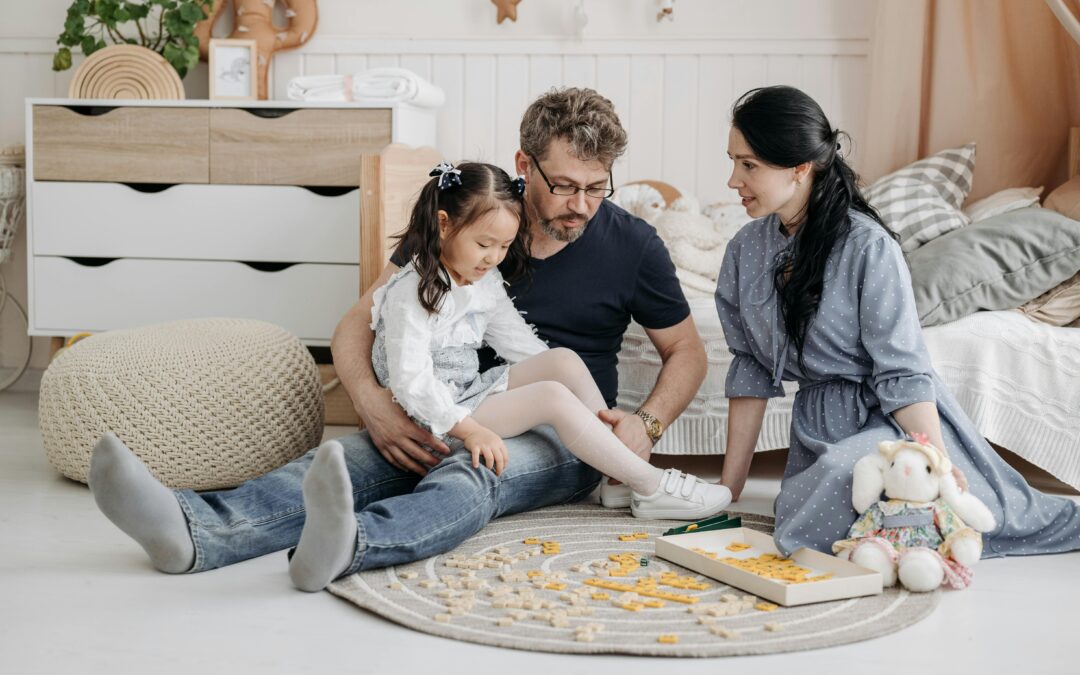February 21, 2025
By Rachel Schnepf
Recently a pop singer named Gracie Abrams did an interview with Cosmopolitan Magazine. In it, she discussed various topics of her career, dating, health, therapy, and surprisingly- pornography. She didn’t delve deep into the subject, but she did express her distaste for it and how harmful it was for her as a teen when she was exposed to it. She stated it was ‘dangerous’, ‘a performance’, and ‘not real’.
One of the opinions she shared was that kids need to learn about sex from a reliable source, not from the internet.
Another singer also recently exposed the dangers of pornography from personal experience. Billie Eilish gave an interview with Howard Stern and she discussed her addiction to violent pornography starting at the early age of eleven. Not only did it bring on sleep paralysis and night terrors, but it also silenced her voice when she became sexually active. She thought that doing all the things her partner wanted to do in the bedroom just had to be endured, that she didn’t really have a voice if she was ok with it or not. That was just not how it was done in pornography.
The experiences of these two women should cause everyone to pause and think about what parents and caregivers are doing to safeguard their children and youth against the poison of pornography.
There are many things a parent can do to protect their home and electronic devices from pornography, but I would like to discuss just one way.
One of the most important safeguards is to teach and discuss it. This may seem hard and possibly embarrassing, but children will be exposed to it at some point in their lives and it is important to teach them about it before that happens.
This doesn’t mean just teaching about pornograpy and its dangers, but in piggybacking off of what Gracie Abrams suggested, parents need to teach their children about sex as well. Children at some point in their lives will be curious and want to learn. Parents have the chance to teach them about sex in a loving and healthy way instead of leaving their kids to learn from their peers or by searching the internet. Leaving them to their own research is a sure-fire way of exposing them to pornography.
How can a parent go about talking about sex and pornography with their child? Fight the New Drug has excellent resources for parents and it gives them ideas on how to either start the discussion with their child who hasn’t been exposed as well as those children who have. United Families International also has resources for parents to talk about pornography and sex with their children.
Before teaching about it, parents should also be informed. Researching pornography addictions and all its dangers will help give a parent the knowledge they need in order to teach. Trying to learn from a teacher who doesn’t know the subject is very difficult, and it wouldn’t be any easier between a child and their parent. Once again, Fight the New Drug has excellent resources for parents as well as the National Society for the Prevention of Cruelty to Children (NSPCC).
The overall goal is for children to never view pornography, but with how easily accessible it is as well as accepted by and discussed by their peers, it is paramount for parents to take the time to research its dangers and start a discussion with their children. They will run across it at some point in their lives and if they understand the repercussions as well as what to do if they do run across it, they will have a better chance of safeguarding themselves against it.


